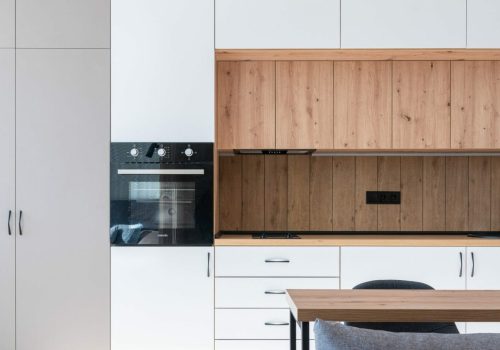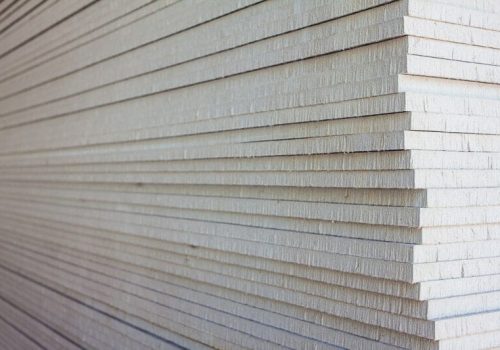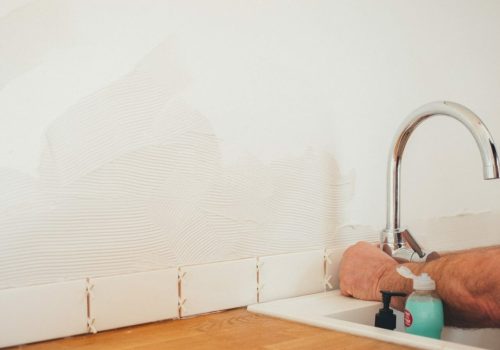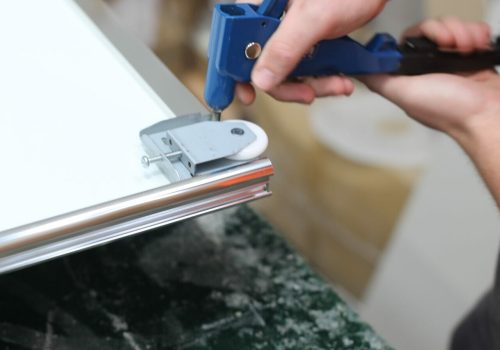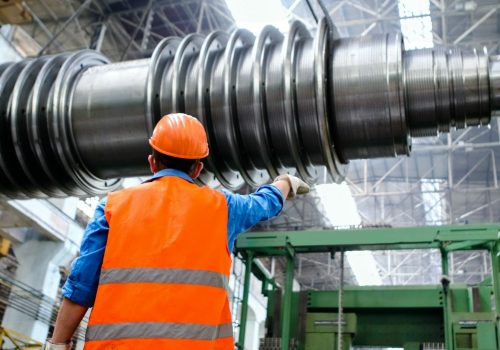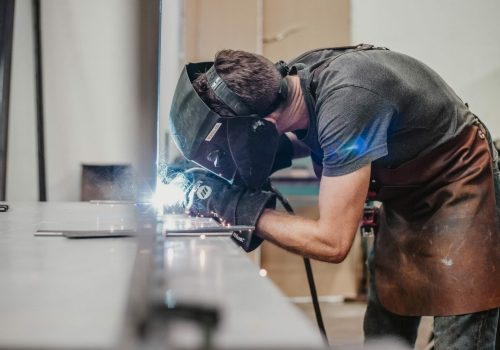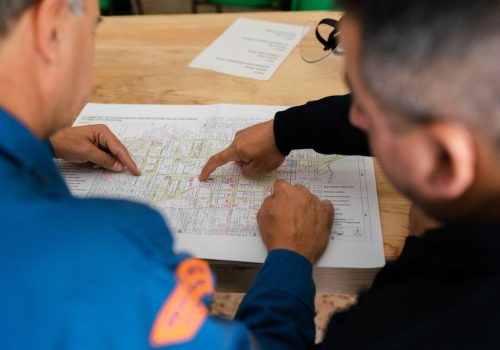Engineering Trade Qualification
At Gimbal Group, we appreciate experience. Your journey, rich with skills and knowledge gained outside traditional learning environments, is a unique and invaluable asset. That’s why our Recognition of Prior Learning (RPL) courses are designed to honour and formalise your real-world expertise into recognised qualifications.
Want to learn more? Get in touch with us today to get started.
Our RPL Courses in Engineering
MEM20105 Certificate II in Engineering
This foundational course offers an introduction to the engineering field, focusing on fundamental skills and knowledge. Ideal for beginners, it covers basic engineering principles, workplace safety, and the use of hand and power tools. It’s a stepping stone for those aspiring to enter the engineering industry or pursue further specialised training.
MEM30219 Certificate III in Engineering - Mechanical Trade
This advanced engineering course delves into the mechanical aspects of engineering. It’s designed for those who wish to specialise in mechanical trades, covering areas such as machinery maintenance, mechanical system design, and advanced manufacturing techniques. It’s well-suited for individuals aiming to become skilled mechanical tradespeople.
MEM30319 Certificate III in Engineering - Fabrication Trade
Focused on metal fabrication, this qualification equips learners with skills in welding, sheet metal working, and using fabrication equipment. The course is ideal for those interested in careers in metal fabrication, structural steel erection, and other related fields. It emphasises practical skills and industry-standard practices.
MSF31419 Certificate III in Engineering – Fixed & Mobile Plant Mechanic
This engineering RPL course is tailored for those aiming to specialise in the maintenance and repair of fixed and mobile plants. It covers diagnostics, servicing, and repair techniques for a variety of plant machinery, making it suitable for aspiring plant mechanics in industries like mining, construction, and agriculture.
MEM40119 Certificate IV in Engineering
This higher-level Certificate IV in Engineering provides comprehensive knowledge and skills for advanced engineering practices. It is suitable for those seeking to develop expertise in areas such as project management, advanced trade practices, and complex machinery operations. This qualification paves the way for leadership roles in the engineering sector or further specialised studies.
RPL Enquiry Form
Browse Our Courses
Each course is designed to cater to different levels of interest and experience in the engineering field, providing pathways from foundational knowledge to specialised skills and advanced career opportunities. Get in touch with one of our specialists today to learn more about how you can take your experiences to qualifications.
Engineering Trade Qualification FAQs
How Long Does It Take to Get My RPL in Engineering?
The time it takes to obtain Recognition of Prior Learning (RPL) in Engineering varies depending on the level of the certificate and the individual’s prior experience. Generally, for entry-level certificates like the Certificate II in Engineering, the RPL process can be relatively quick, taking a few weeks to a couple of months, especially for those with significant relevant experience.
As you move towards more advanced certificates, such as Certificate III in Mechanical Trade, the process may take longer, typically spanning several months to a year.
The duration of the RPL process is highly dependent on the quality, relevance, and documentation of your previous work experience and learning. For those with extensive and well-documented experience in the field, the process can be quicker.
It’s important to note that higher-level certificates, which cover more complex and advanced skills, generally require a more in-depth RPL assessment, potentially extending the time frame. As such, the exact duration for RPL in Engineering varies from individual to individual, based on their unique experiences and the specific requirements of the RPL assessment for each qualification.
Is An Engineering Trade Qualification the Same as an Engineering Trade Licence?
No, a trade qualification and a trade licence are not the same. A trade qualification, such as a certificate from a vocational education program, demonstrates that an individual has completed formal training and has acquired the necessary skills in a specific trade.
In contrast, a trade licence is an official permission granted by a regulatory authority, allowing an individual to legally practise a particular trade in a specific region or jurisdiction.
A trade qualification can be completed with an RTO, but a trade licence is always granted by a regulatory state or national body.
While a trade qualification is often a prerequisite for obtaining a trade licence, they serve different purposes: the qualification shows educational achievement, whereas the licence provides legal authorisation to work in the trade.
Is My Engineering Trade Qualification Recognised in Other States?
In Australia, qualifications under the Australian Qualifications Framework (AQF) are typically recognised nationwide. So if your previous work experience is in a different state, that will definitely count towards your RPL credits.
How RPL Is Assessed
With our simple six-step process, you’ll have your formal qualification in a short period of time.

Step 1: Enquiry
Speak to one of our friendly team members and provide to get started on your consultation.

Step 2: Pre-enrolment
In this step, we ensure you are eligible for an RPL by asking you the necessary questions and giving you login details for our online platform. Collect and organise your experience for your assessor with a combination of workplace documents, interviews, videos and reports from previous employers.
The assessor will then make contact to discuss your application, explain the process and let you know what further evidence is required including workplace documents, references and videos

Step 3: Enrolment
In this step you complete an online knowledge test, provide any additional video evidence and complete an interview with the Assessor on the technical aspects of your qualification

Step 4: Gap Training
After an assessment, your assessor may decide you need further training to address the gaps in your knowledge or practical skills and will advise you how to proceed.

Step 5: Assessment Outcome
The assessor creates a report with a recommendation based on the evidence you have provided, outcome of written test and interviews. This is submitted to the Compliance department for approval.

Step 6: Final Approval
You are issued your nationally recognised qualification and provided with the necessary documents.
RPL Enquiry Form


